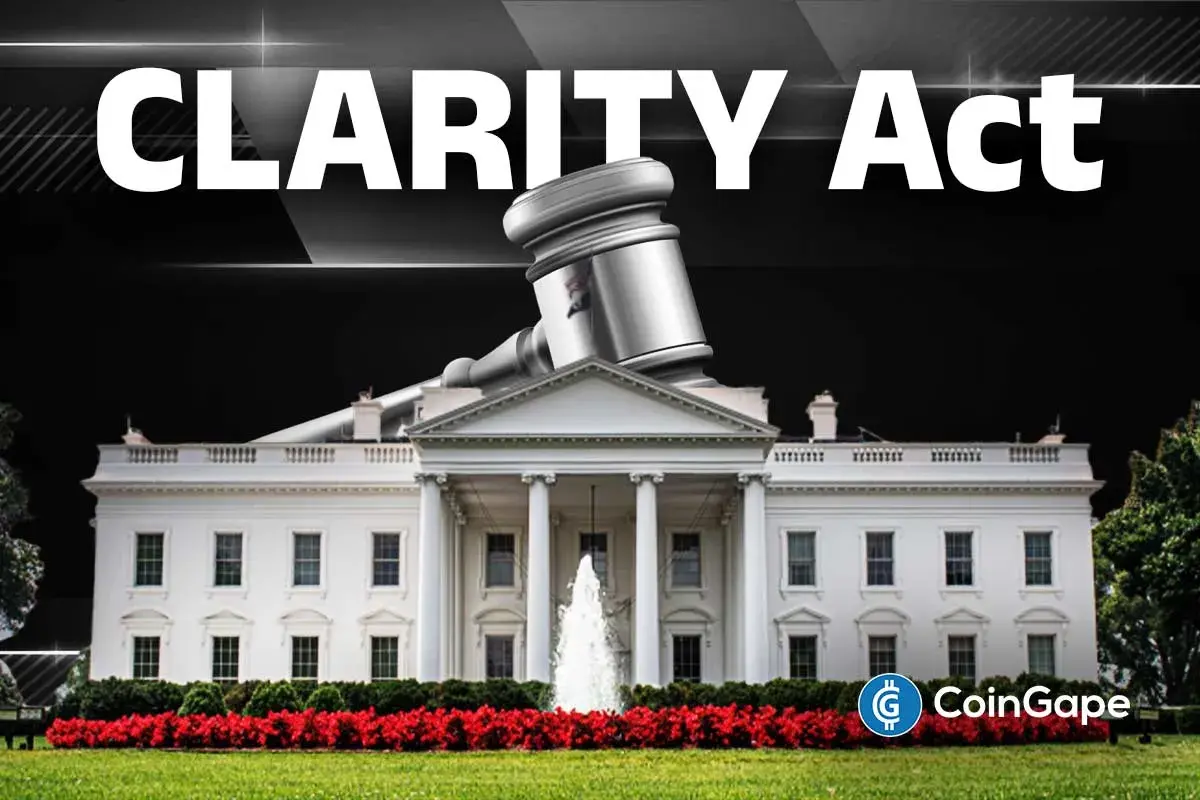EU’s New Privacy Laws Could Be The Downfall Of Blockchain Business

EU issues a new set of rules pertaining to its General Data Protection Regulation (GDPR) that affects the blockchain-based applications negatively while impeding the growth of EU blockchain industry.
Blockchain incompatible with EU’s new GDPR laws
The technology behind bitcoin among other cryptocurrencies, blockchain allows everyone to view the transaction records.This transparency feature of blockchain makes it ideal for cryptocurrencies and in particular industries but no so much for the new privacy laws issued by Europe.
Under its General Data Protection Regulation (GDPR), the European Union added a new set of rules that require the companies to erase the personal data of a citizen completely, if one requests. These laws get into effect a few days back i.e. on May 25, 2018.
Now, businesses that use blockchains, especially those that have its data available publicly, it’s impossible to truly do so.
According to Michele Finck, an EU law lecturer at University of Oxford:
“Some blockchains, as currently designed, are incompatible with the GDPR.”
She further clarifies that the EU regulators will have a decision to make regarding if they want to redesign the new rules issued that offer uneasy existence for the blockchain businesses or to simply bar the blockchain technology from the region.
This move surely means that the data will belong to its rightful owner i.e. the user but it can also mean that many businesses that utilize blockchain are simply doomed.
Finck stated that:
“On a tamper-proof ledger, these rights cannot, however, be easily implemented. It is safe to assume that at present most blockchains are not GDPR compliant because they are unable to implement these rights. A number of technological solutions are currently being developed that might facilitate this in the future, but we are not there yet.”
These regulations would mean that blockchain businesses have to delete the data that is almost impossible. A German-based lawyer, Greg McMullen says these laws present extreme compliance issues while restricting the development of blockchain-based applications.
Also, read: Crypto Taxation In European Union Varies Drastically
EU blockchain business in trouble
Many believe this would lead the EU blockchain startups to cease their operations. A notable point here is that GDPR doesn’t apply to only Europe based companies but also to those businesses that provide services to the EU citizens.
While some want a situation where GDPR and blockchain could find a common ground, others believe that this way blockchains could help business with GDPR compliance.
Though, according to Howard Chu, a Monero contributor, this cryptocurrency might be in clear as there is no personally identifiable information on its blockchain.
What are your views on EU blockchain regulation for privacy? Do you think it will be detrimental to the EU blockchain industry? Share your thoughts with us!
- Will Bitcoin, ETH, XRP, Solana Rebound to Max Pain Price amid Short Liquidations Today?
- 3 Top Reasons XRP Price Will Skyrocket by End of Feb 2026
- Metaplanet CEO Simon Gerovich Defends Bitcoin Strategy Amid Anonymous Allegations
- “Sell Bitcoin Now,” Peter Schiff Projects Further BTC Price Crash to $20k
- 8 Best Decentralized Crypto Banking Solutions in 2026 – Top List Reviewed
- Bitcoin and XRP Price Prediction As White House Sets March 1st Deadline to Advance Clarity Act
- Top 3 Price Predictions Feb 2026 for Solana, Bitcoin, Pi Network as Odds of Trump Attacking Iran Rise
- Cardano Price Prediction Feb 2026 as Coinbase Accepts ADA as Loan Collateral
- Ripple Prediction: Will Arizona XRP Reserve Boost Price?
- Dogecoin Price Eyes Recovery Above $0.15 as Coinbase Expands Crypto-Backed Loans
- BMNR Stock Outlook: BitMine Price Eyes Rebound Amid ARK Invest, BlackRock, Morgan Stanley Buying
















